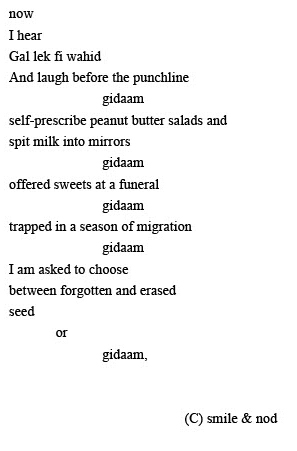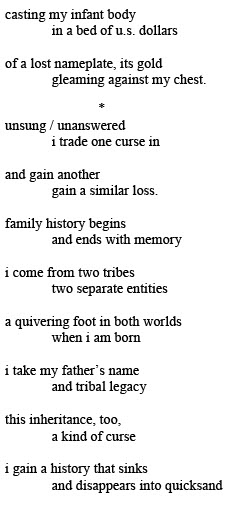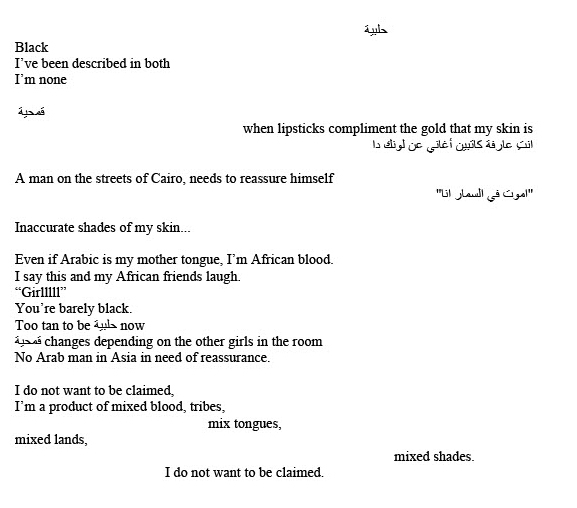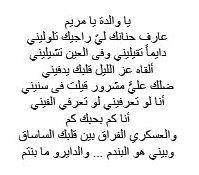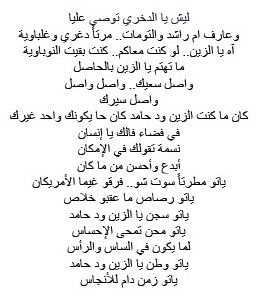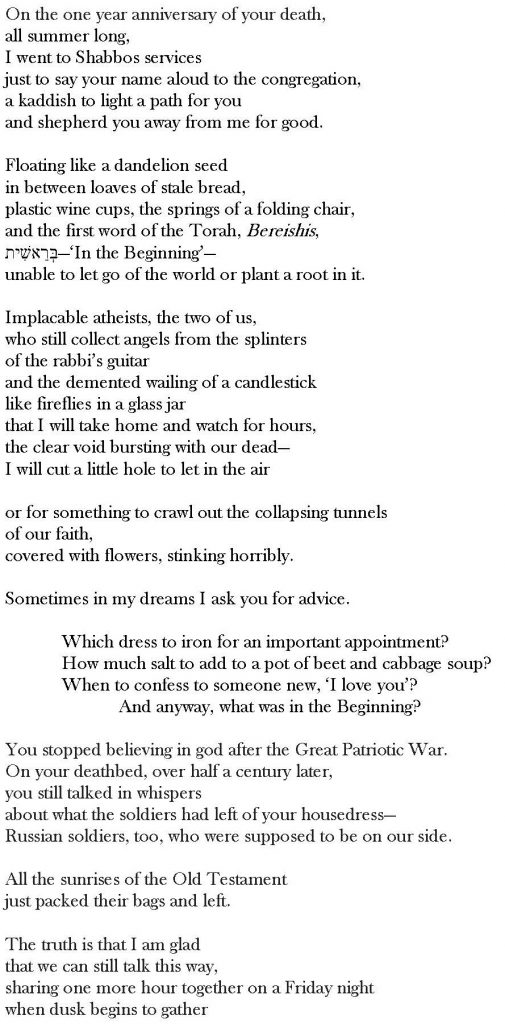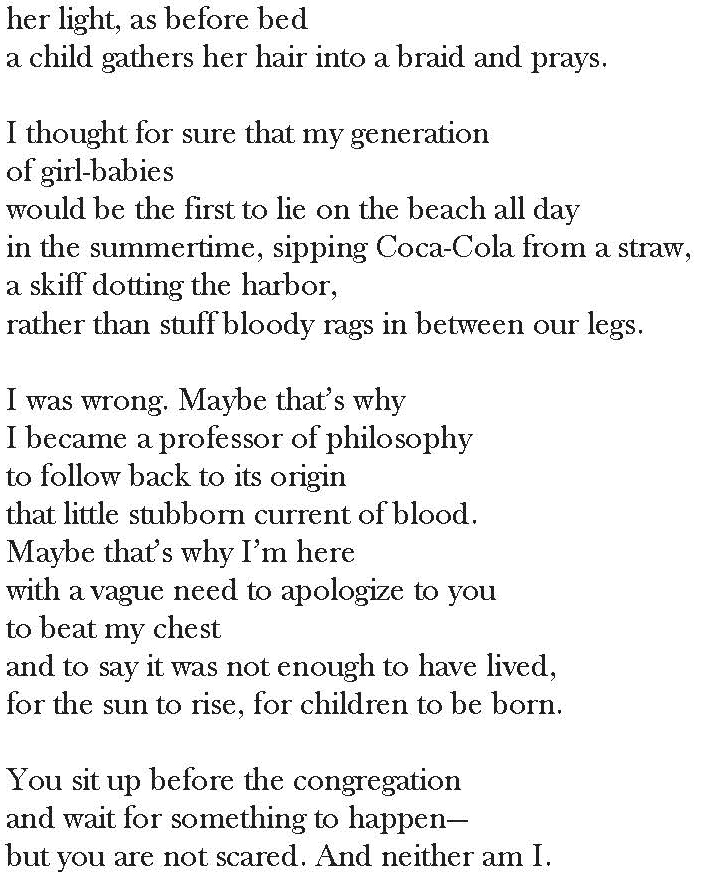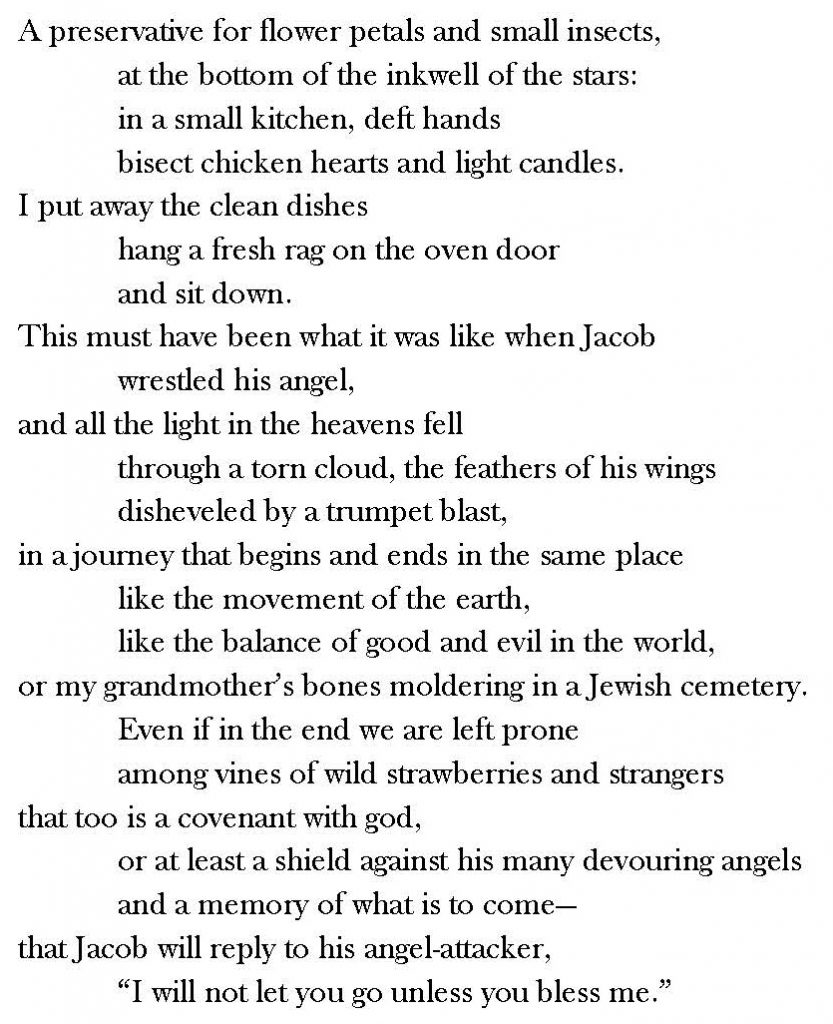after Myles Cameron
we arrive in a dream dressed up in yellow,
the smell of frying samosas swimming through
our warm skin. the first time i saw my parents kiss
over sizzling oil— a memory i muddied the color
of the sun. fireworks dance in a rusty pan beneath
them & i know, i know i shouldn’t have been sneaking
around but if mischief is memory-making, i am
grateful for this image: my baba holding my
mama’s face. her smile giving & keeping itself
a secret. oil hot enough, it makes music. a whisper
of a moment my childish hunger stumbles into
then struggles to hold together. when we left
i tucked this shade of yellow underneath each eyelid.
i’ll protect anything i felt once. & what if what i recall
of love is unreliable & what if i stain everything
in my path the color of a brilliant sun? the dream
eventually undresses, dons itself in fading embers
instead—the exact shade of an inevitable absence.
when we left, we never stopped wanting to turn back to
the golden hour, to a love so soft it rustles its own self back
to sleep. we never stopped wanting to turn back time to
yellow.
________
Daad Sharfi is a stubborn Scorpio, immigrant rights advocate and law student from Chicago. Her work has been featured in 20.35 Africa: An Anthology of Contemporary Poetry, Sawti and The Drinking Gourd.
![[PANK]](https://pankmagazine.com/wp-content/themes/pank/assets/images/pank-logo-large.png)

